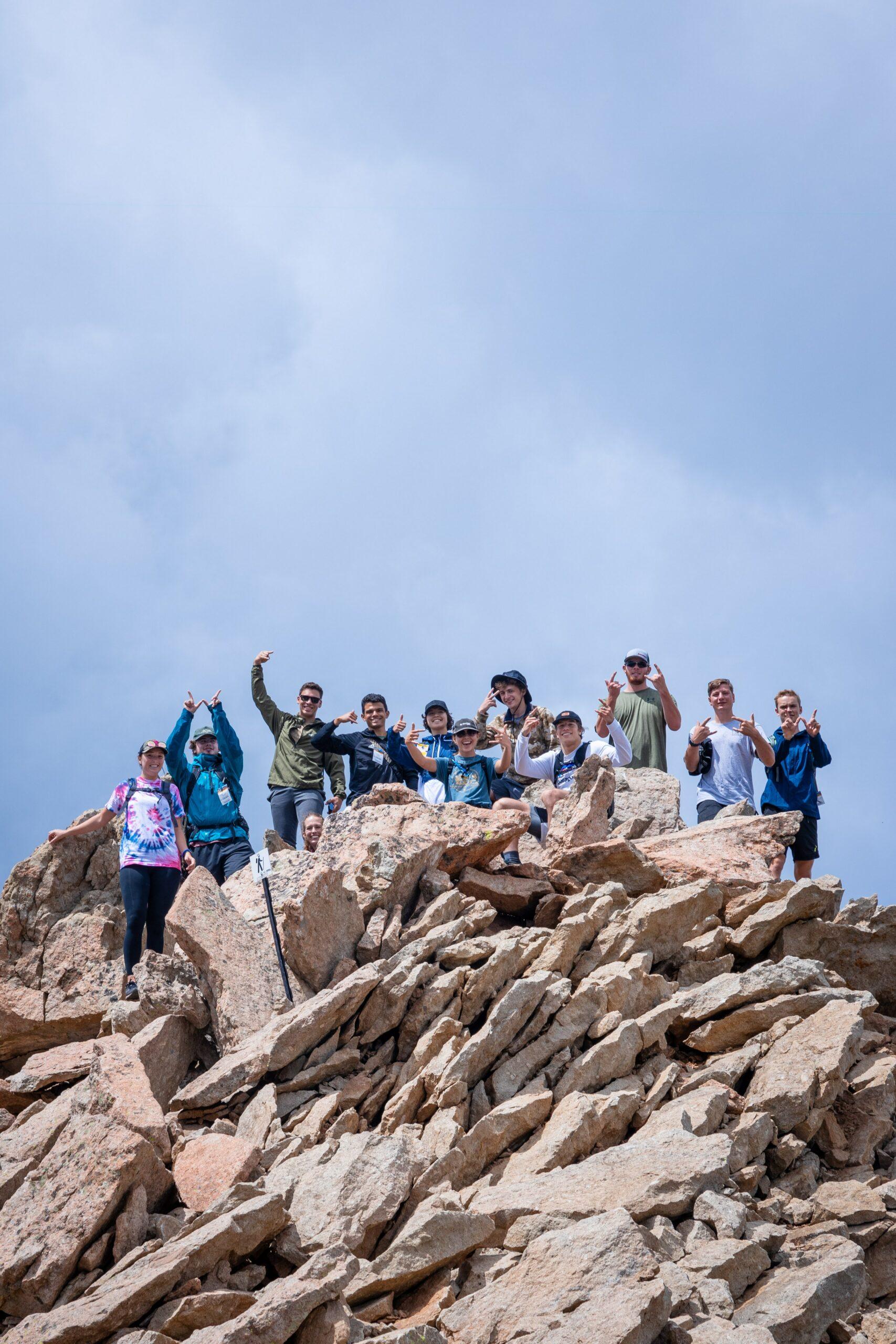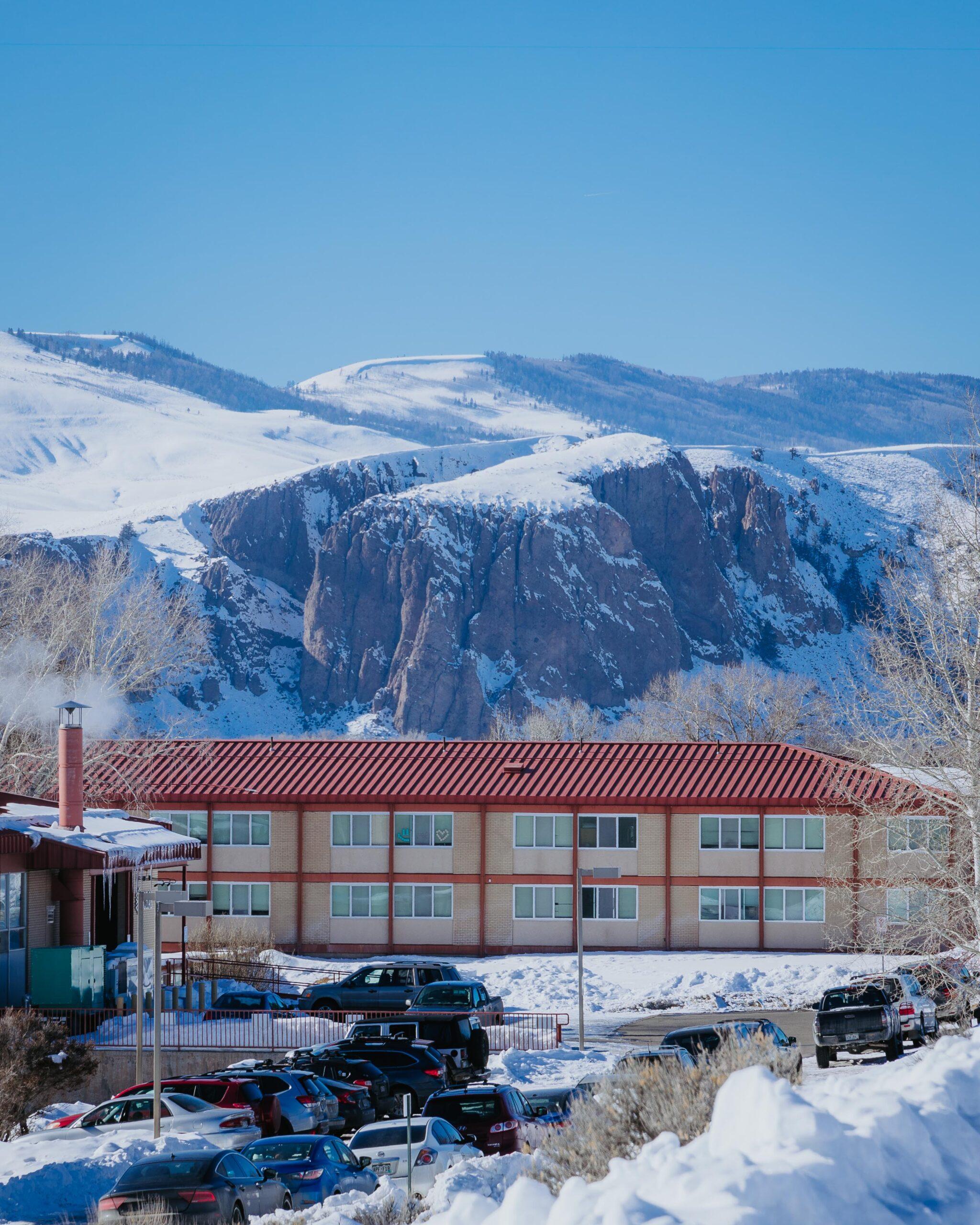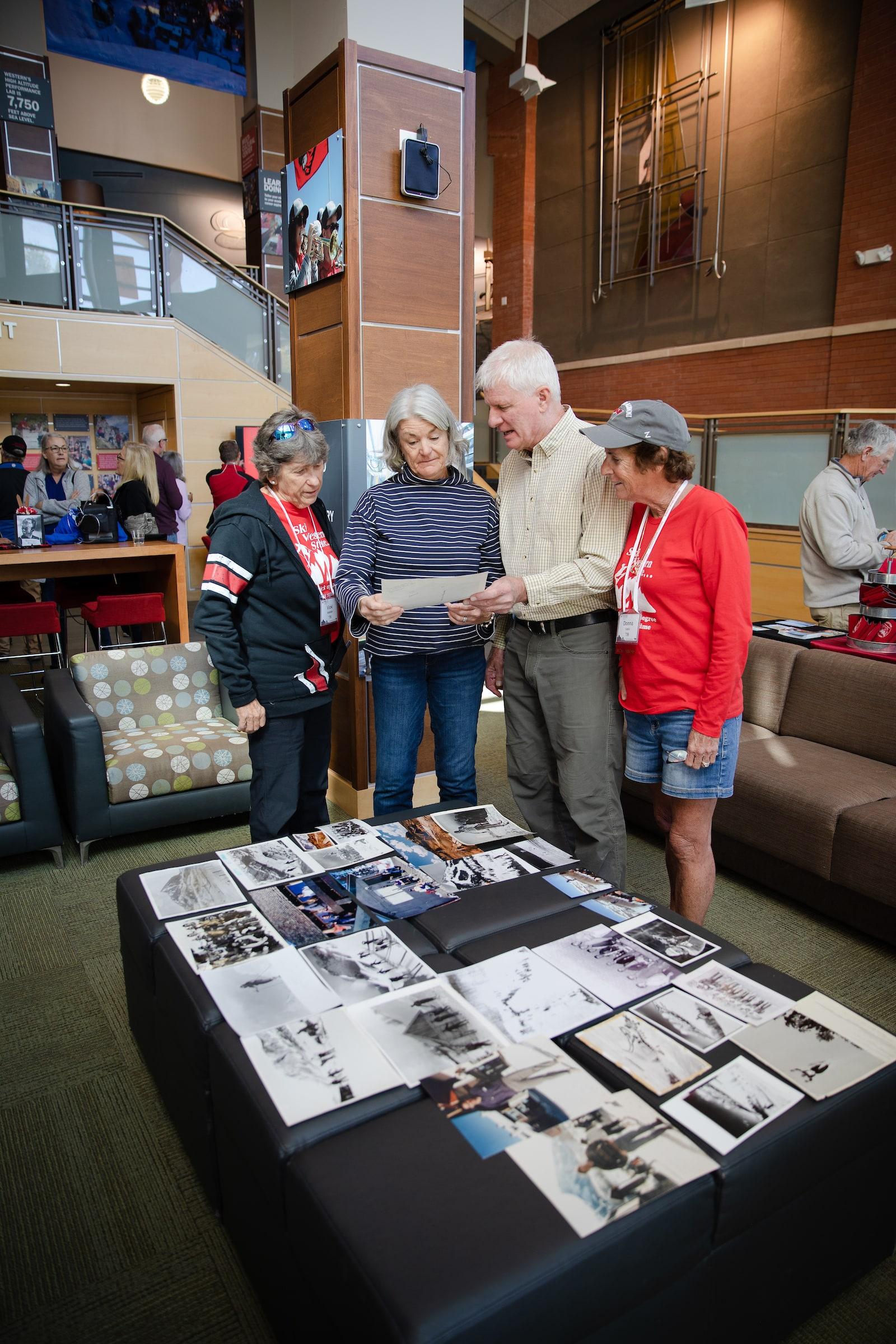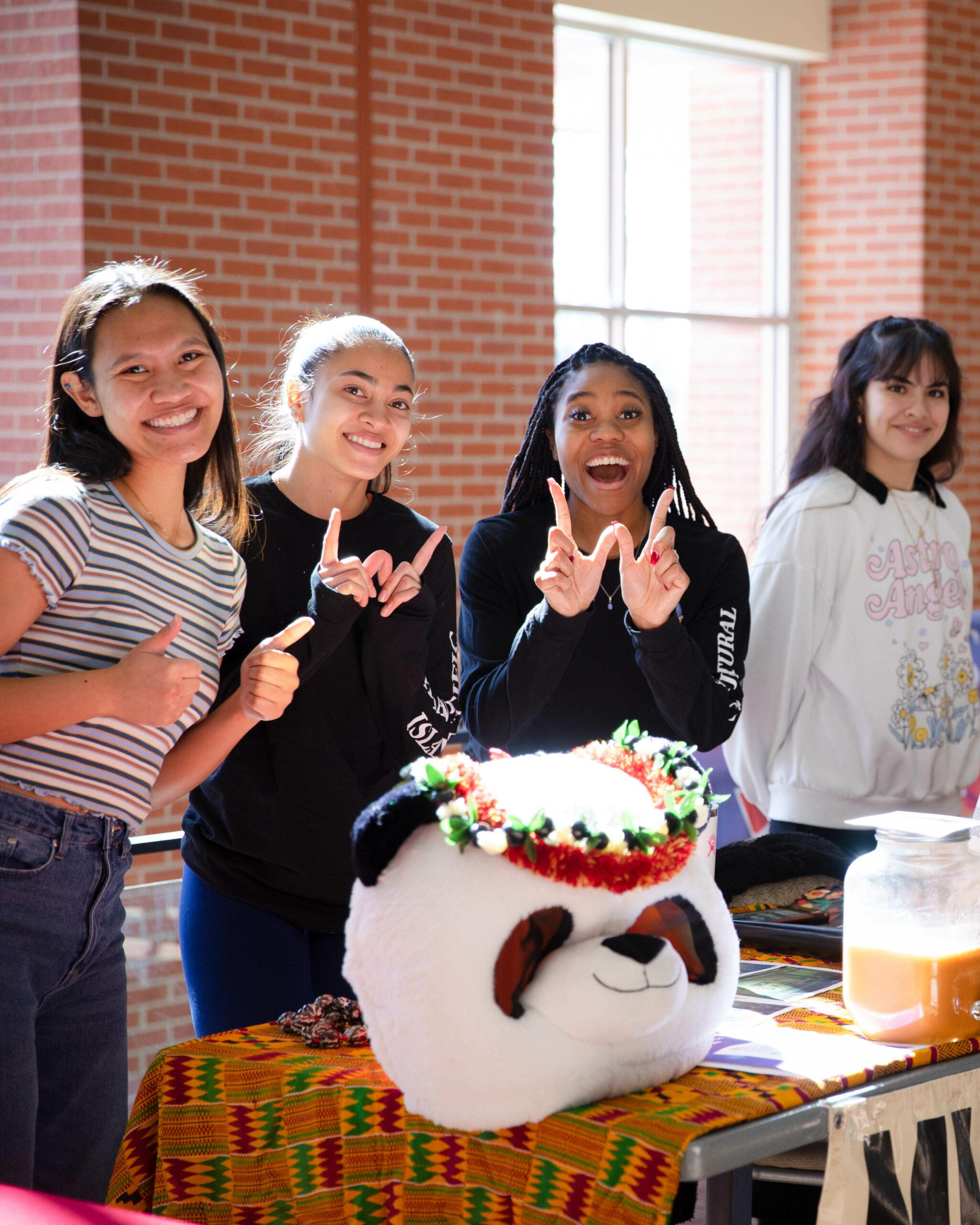This May, seven students had the opportunity to investigate the topic of sustainable and resilient living throughout the Rocky Mountain region in an Environment & Sustainability (ENVS) special topics course called Mountain Resiliency.
Led by Brandon McNamara ’17, Mountain Resiliency immersed students in the world of sustainability through hands-on service activities. The class included a lecture and project preparation component, but the majority of the course took place in the field.
McNamara developed the curriculum in cooperation with the Foundation for Contemplation of Nature (FCN), a small nonprofit located in the Indian Himalayas. He prepared the course as part of his master’s project.
“I was interested in researching alternative styles of education, specifically place-based education where the community serves as the classroom.” McNamara said. “[The course] is designed to engage students with real-world progress being made across the spectrum of sustainability and resiliency,” McNamara said.
A number of organizations hosted the class, which took place in a variety of locations. Face-to-face interaction and discussion was instrumental in the class experience, and students were encouraged to network with organizations for future internship and education possibilities.
Notable parts of the course included pounding tires for a sustainable “Earthship” community near Taos, N.M.; visiting a biodynamic farm in Carbondale, Colo., and discussing corporate environmental goals with Aspen Ski Company’s Vice President of Sustainability Auden Schendler in Basalt, Colo.
As an MEM student, McNamara formed community relationships that he was able to pass on to undergraduates as part of the class.
“[Experiential education] provides unmatched exposure to a variety of potential career paths for the students to consider as they progress through school and eventually graduate and move on to the real world,” McNamara said.
Overall, Mountain Resiliency equipped students with a greater understanding of place and provided even greater depth to Western’s ENVS curriculum. After designing and delivering his first field-based course, McNamara believes the future is bright for experiential learning at Western.
“When the walls of the traditional classroom are broken down and expanded to encompass the community and its change-agents, students are more likely to have a transformational learning experience and develop invaluable perspectives on the most important challenges of the modern age,” he said.
Story by Anna L’Huillier. Photos provided by Timothy Malloy.




